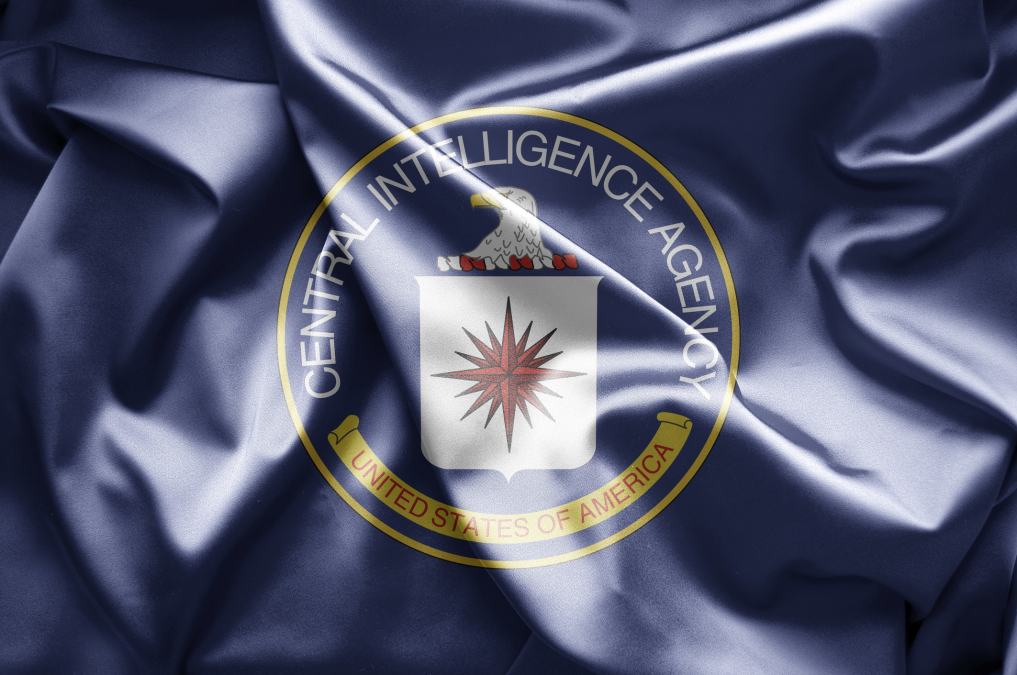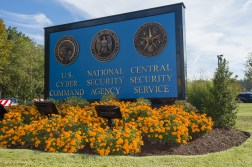WikiLeaks reveals alleged U.S. hacking operations in release of CIA documents

This report first appeared on CyberScoop.
WikiLeaks has published a cache of 8,761 files it claims provide insight into the CIA’s extensive computer hacking operations, including a description of tools and targeted technologies.
In what is apparently the first in series of upcoming releases dubbed “Vault 7,” the controversial transparency organization claims that this will be the most comprehensive publication of confidential documents in CIA history.
The series’ first installment is named “Year Zero.” It contains information related to dozens of supposed zero-day exploits developed for use against software and hardware created by prominent U.S. technology firms like Apple, Google and Microsoft, among others. In theory, such capabilities would allow spies to compromise older operating systems found on iPhones and Android smartphones, as well as other internet-connected devices like Samsung Smart TVs.
WikiLeaks has yet to release any of the code behind these exploits, claiming that it will not do so “until a consensus emerges on the technical and political nature of the CIA’s program and how such ‘weapons’ should [be] analyzed, disarmed and published.”
The CIA’s targets and the machines used to launch attacks in Latin America, Europe and the U.S., were redacted from the documents, according to Wikileaks. In the past, the organization has indiscriminately published sensitive material containing information that proved damaging to private citizens, who were uninvolved in any government program.
Because the code behind these exploits has yet to be disseminated, CyberScoop cannot independently confirm some of WikiLeaks’ claims. A CIA spokesperson said that the agency does “not comment on the authenticity or content of purported intelligence documents.”
A former U.S. intelligence officer told CyberScoop that some of the code names and descriptions for the CIA’s hacking tools appeared authentic.
The leaked files come from “an isolated, high-security network situated inside the CIA’s Center for Cyber Intelligence in Langley, Virginia,” a WikiLeaks press release reads. “This extraordinary collection, which amounts to more than several hundred million lines of code, gives its possessor the entire hacking capacity of the CIA. The archive appears to have been circulated among former U.S. government hackers and contractors in an unauthorized manner.”
WikiLeaks claims that defense contractors handed them the files hoping to “initiate a public debate about the security, creation, use, proliferation and democratic control of cyber weapons.”
One of the pages notes that the U.S. intelligence community “develops software exploits and implants for high priority target cell phones for intelligence collection. The completed software implants must be tested on an exact version (hardware and software) of the target phone to ensure correct operation and stealth.”
News of Vault 7 follows another case in which supposed NSA exploits were leaked online by a mysterious group known as the “Shadow Brokers.” At the time, CyberScoop confirmed with multiple former U.S. officials that the NSA hacking tools, though outdated, were in fact legitimate, having once belonged to the U.S. intelligence community. In January, the clandestine group said they were “going dark,” after failing to receive bitcoin in payment for other stolen code.
The leak comes at a time of strained relations between the White House and intelligence community. President Donald Trump recently accused the Obama administration of wiretapping the New York City-based Trump Tower during the election.





